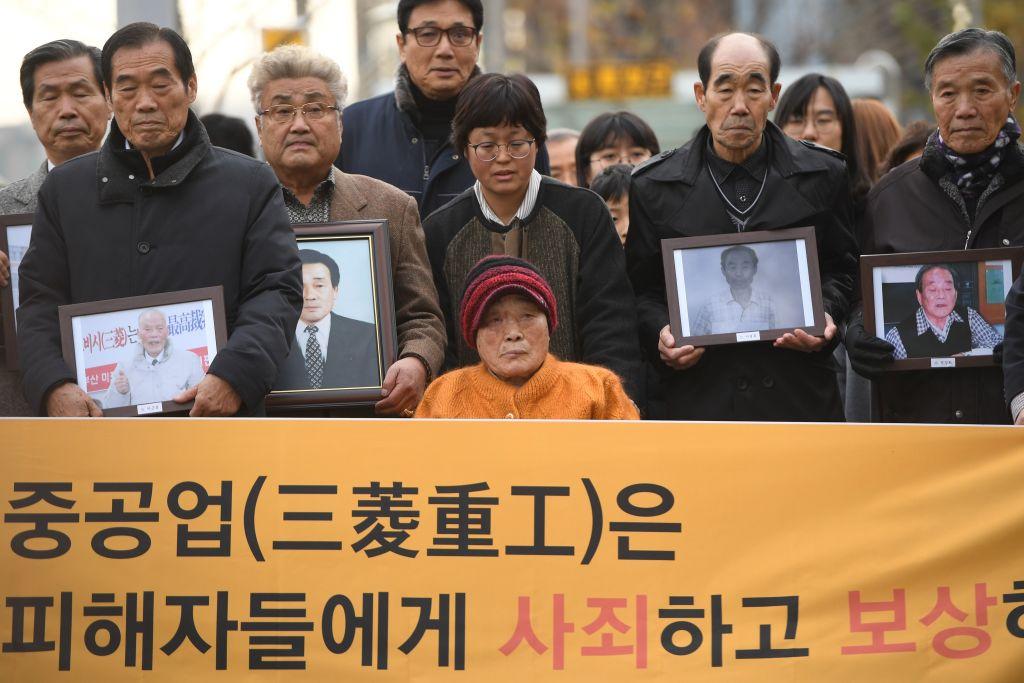This is the second article in a series. The first is available here.
On Oct. 30, 2018, the Supreme Court of the Republic of Korea (ROKSC) denied a final appeal by Nippon Steel & Sumitomo Metal Corp., ordering the company to pay damages arising from forced-labor claims during Japanese colonial rule in the 1940s.


